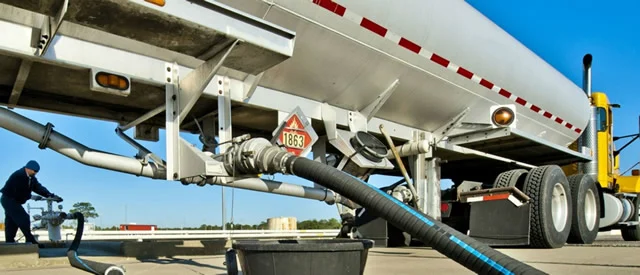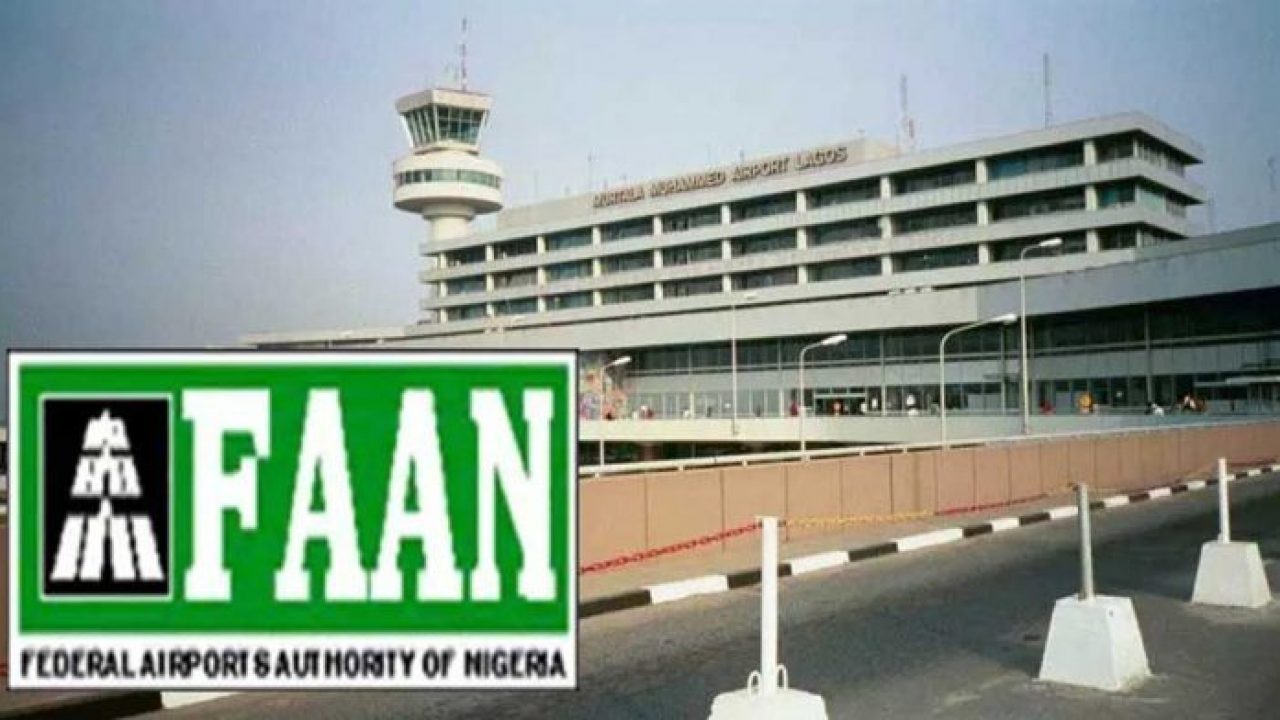Nigeria News
Aviation fuel hits N780 per litre in Lagos Airport

The price of Jet A1, otherwise known as aviation fuel, has hit N780 per litre at the Lagos Airport.
This comes as operators have reported increased scarcity of the product in other parts of the country, especially at northern airports.
The jet fuel price has consistently taken a steep rise since the beginning of the year. As of June, the product’s price hovered between N800 and N850 per litre before dropping to N650 and N700 per litre earlier in October.
However, it moved up earlier in the week to N780 per litre at the Lagos Airport. Outside of Lagos, it is being sold at N800 and above, especially at airports in the northern part of the country.
The price of Jet A1 increased despite the drop in the exchange rate of the naira to the dollar in recent weeks.
Aviation fuel scarcity: Though aviation fuel is available in Lagos, the same cannot be said of the product outside the state as airlines complain of its scarcity.
The operators under the auspices of Airline Operators of Nigeria (AON), recently mentioned the deplorable airport facilities as one of the reasons the product has remained high in the country.
They also said that the failure of the government to ensure the product is refined in the country was giving the marketers another challenge.
Experts weigh in: One of the stakeholders, Mr Chukwudi Amokwu, said that the current situation is threatening the continuous existence of operators, stressing that their scheduled airlines were being negatively affected.
Amokwu said that since aviation fuel continues to be imported into the country, its price and airfares would continue to rise steeply. He also lamented that five months ago, a one-way ticket in business class to Abuja from Lagos was barely N50, 000, but since risen to N150,000.
He challenged airline operators to acquire modern equipment to address the challenge of ageing aircraft, hoping that the planned aircraft leasing company by the government would help to resolve the challenge. He also noted that the adoption of modern technologies by the government and other organizations would help to address some of the challenges presently bedevilling growth in the sector.
Also, Prof. Anthony Kila, an aviation analyst, told our correspondent that the failure of the government to refine the Jet A1 locally was negatively affecting the economy. Kila insisted that the aviation industry should be seen as an essential infrastructure by the government, stressing that aviation should not be treated as elitist.
He explained that apart from the telecommunications industry, aviation was the next to connect humans and cargo, maintaining that the government should not allow the energy crisis to stunt growth in the sector.
Kila emphasised that the more passengers that patronise the sector, the more revenue for the players in the industry and the country at large. He said:
- ‘We should create an aviation sector that is able to create a movement for commerce. The issue of the energy crisis should not be allowed in the industry. If we want to make the aviation industry viable, we should look at commerce.
- “The government can look at establishing a bank of aviation, which will attract other players into the sector, especially investors. Aviation leaders should come together and ensure aviation fuel is refined in the country.”
























